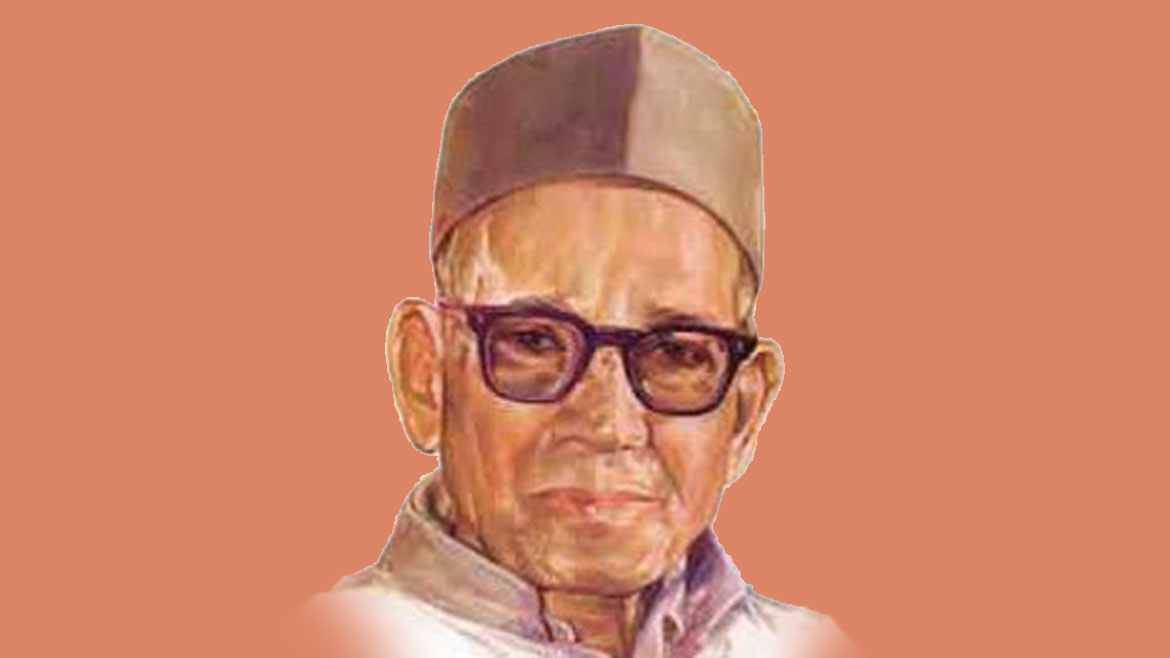In the annals of Marathi literature, the name Vishnu Sakharam Khandekar stands as a beacon of literary excellence and innovation. Born on January 10, 1898, in the town of Vengurla in Maharashtra, Khandekar emerged as one of the most influential figures in Marathi literature, leaving an indelible mark with his profound insights, innovative narrative techniques, and unwavering commitment to artistic integrity.
Khandekar’s literary journey began at an early age, fueled by a deep-seated passion for storytelling and a keen intellect. His voracious appetite for reading and his innate talent for writing soon caught the attention of scholars and mentors, who recognized his potential and encouraged him to pursue his literary aspirations. Despite facing numerous challenges, including financial constraints and societal expectations, Khandekar persevered, forging ahead on his path to literary greatness with determination and resilience.
Throughout his illustrious career, Khandekar explored a wide range of themes and genres, demonstrating his versatility and mastery over the written word. His early works, including short stories and essays, showcased his keen observations of human nature and his ability to evoke empathy and introspection in his readers. As he honed his craft, Khandekar delved deeper into the complexities of the human psyche, delving into existential themes and philosophical inquiries that would become hallmarks of his later works.
One of Khandekar’s most famous literary contributions is his novel “Yayati,” which remains a towering achievement in Marathi literature to this day. Published in 1949, “Yayati” is a profound exploration of human desires, moral dilemmas, and the eternal quest for meaning and fulfillment. Set against the backdrop of ancient Indian mythology, the novel tells the story of King Yayati and his tragic pursuit of immortality, weaving together elements of love, ambition, and sacrifice in a narrative that is as timeless as it is thought-provoking.
“Yayati” catapulted Khandekar to literary stardom, earning him widespread acclaim and cementing his reputation as a master storyteller. The novel’s innovative narrative structure, rich symbolism, and nuanced characterizations captivated readers and critics alike, earning it the prestigious Jnanpith Award, India’s highest literary honor, in 1974. Yet, beyond its critical acclaim, “Yayati” remains a testament to Khandekar’s profound understanding of human nature and his ability to illuminate the universal truths that bind us all.
In addition to “Yayati,” Khandekar’s literary oeuvre includes a vast array of novels, short stories, and essays, each reflecting his keen intellect, his deep empathy for the human condition, and his unwavering commitment to artistic integrity. From the existential angst of “Don Dhruv” to the historical intrigue of “Darbar,” Khandekar’s works spanned a wide range of genres and themes, showcasing his versatility as a writer and his relentless pursuit of literary excellence.
Beyond his contributions to literature, Khandekar was also a visionary and a social reformer, using his platform as a writer to advocate for change and promote the values of justice, equality, and compassion. His writings often addressed pressing issues facing society, including caste discrimination, gender inequality, and religious intolerance, urging readers to confront injustice and work towards a more just and equitable world.
Throughout his life, Khandekar received numerous accolades and honors for his literary achievements, including the Sahitya Akademi Award and the Padma Bhushan, India’s third-highest civilian honor. Yet, amidst all the recognition and acclaim, Khandekar remained humble and grounded, always prioritizing the pursuit of truth and beauty through his art.
Today, Vishnu Sakharam Khandekar’s legacy continues to inspire aspiring writers and intellectuals, serving as a guiding light in the realm of Marathi literature. His words resonate across time and space, reminding us of the transformative power of literature to ignite imaginations, challenge conventions, and shape the course of history. As we celebrate the life and works of this literary pioneer, let us not only honor his contributions but also strive to uphold the values of creativity, empathy, and integrity that he so passionately espoused. In the words of Khandekar himself, “Let us forge ahead, with courage and conviction, towards a brighter and more enlightened future.”






